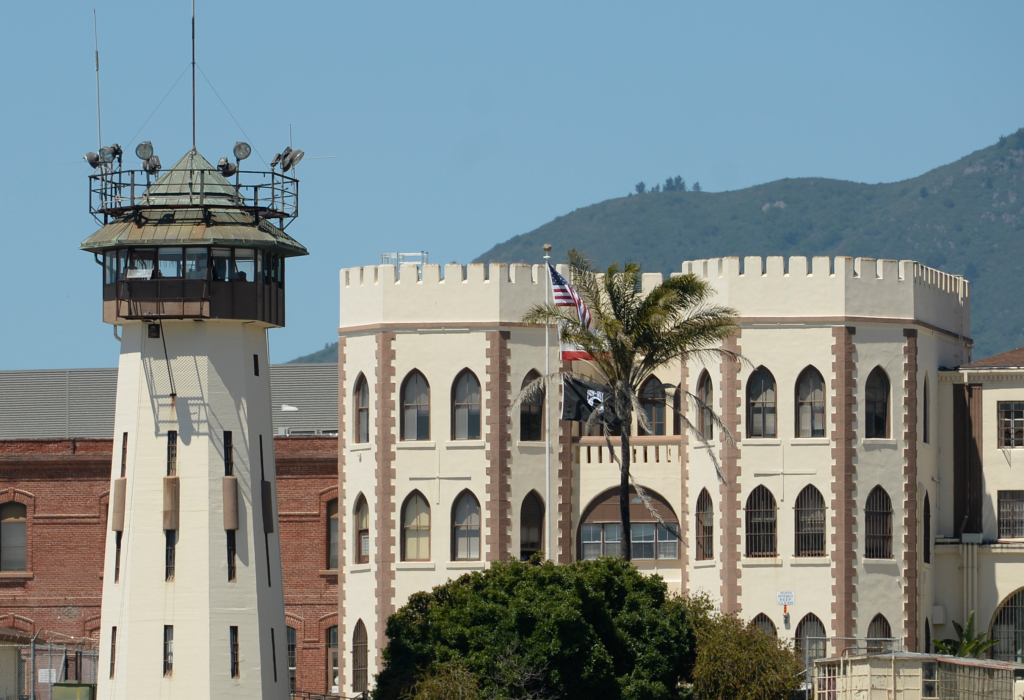SAN QUENTIN — In one of the first legal claims taking aim at the state’s handling of COVID-19 in prison, the family of a 61-year-old man who died in July while incarcerated for a nonviolent parole violation has started the process of suing the California Department of Corrections and Rehabilitation.
In a legal claim filed Thursday, family members of Daniel Ruiz allege that CDCR officials were negligent when they authorized the transfer of prisoners from the state prison in Chino — where there was a coronavirus outbreak — to San Quentin State Prison. The transfer has been widely criticized by elected officials, including Gov. Gavin Newsom, as the proximate cause of a massive outbreak at San Quentin that led to the deaths of 27 people.
The claim alleges that prison officials ignored warnings of public health officials that San Quentin was primed for a “catastrophic super spreader event” and that specifically recommended low-level offenders older than 60 be granted early released. At the time he contracted COVID-19, Ruiz was serving time for a nonviolent parole violation and had weeks left on his sentence, the claim says.
The claim also alleges that Ruiz’s family was largely kept out of the loop on updates to his condition until just before Ruiz’s death. He died the first week of July at St. Francis Memorial Hospital in San Francisco, court records show.
A CDCR spokeswoman did not immediately respond to requests for comment on the legal claim, which is a precursor to a lawsuit.
Attorneys for the Ruiz family said in a news release announcing the claim that the “botched transfers” put the prison and the general public at risk.
“The folks in our prisons are human beings. Many who died at San Quentin had done non-violent crimes and should have been coming back home to their families soon,” said Michael Haddad, one of the Ruiz family’s attorneys. “It is tragic and unacceptable that some prison bureaucrats treated them as less than human.”
San Quentin’s coronavirus outbreak lasted two months. More than 2,000 inmates tested positive. Twenty-six inmates and one corrections sergeant died of the virus. The prison housed more than 4,000 people at the start of the outbreak but has since released 1,000, according to CDCR.
A State Senate committee is investigating how the outbreak occurred, and many inside the prison have said it corresponded with the transfers. The prison has been closed to transfers since June 8.



















